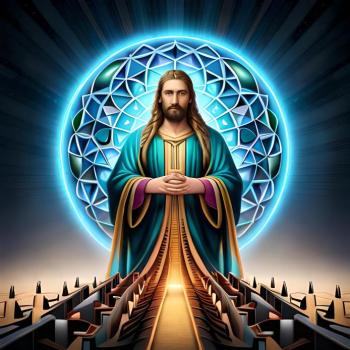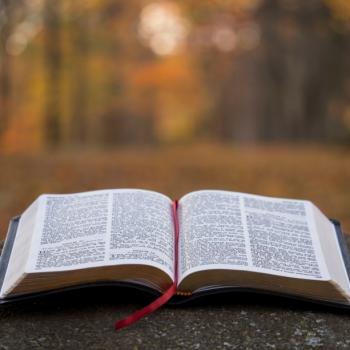The Council of the Gods
July 8, 2016 Year C
Psalm 82:1-8
The council of the gods is an idea that exists in many cultures. Some are referred to as a pantheon of gods. Most notable among these cultures, the Greeks, the Romans, the Norse, the Hindu, and the Druids believed that there is a group of “gods” that sit around in heavenly assembly. Whether it is Odin, Zeus, or Vishnu, they all lead a group of supernatural beings in a divine council.
In this psalm, we see God taking His place as the head of a divine council (Psalm 82:1). The council is questioned about the injustice and partiality (Psalm 82:2). The psalmist pleads for the gods to rescue the poor and needy (Psalm 82:3-4). The psalmist suggests that the people walk in darkness (Psalm 82:5). These “gods” are addressed as “sons of the Most High” (Psalm 82:6). So these “gods” are connected to God. However, these “gods” are not the Son. Jesus is God and not a separate god.
Asaph predicts that these “divine me” will die like other rulers (Psalm 82:7). He encourages God to judge the Earth for every nation belongs to God (Psalm 82:8).
This means that even though every nation has their own mythological explanation, God is still the highest God. He is Ruler over all of the world. The other gods submit to God.
This psalm suggests that all of these gods exist in some form and they all submit to God. Like Satan in Job 1, there are supernatural beings who meet with God in a divine council. This suggests that these mythologies are correct to a point. There are a group of divine beings. Whether they are angels or demigods, or alien gods. No matter what explanation, God oversees a group of divine beings.












